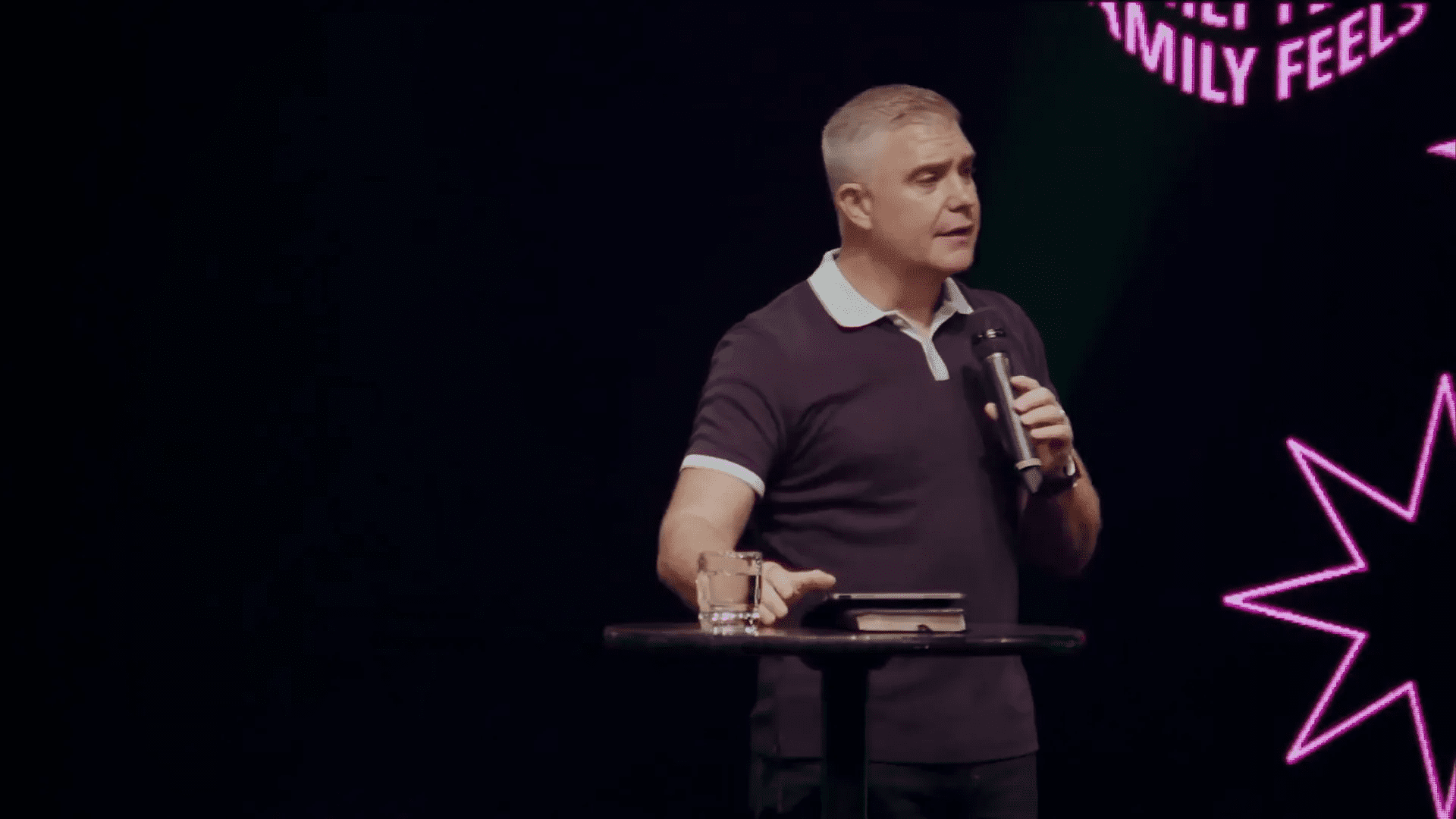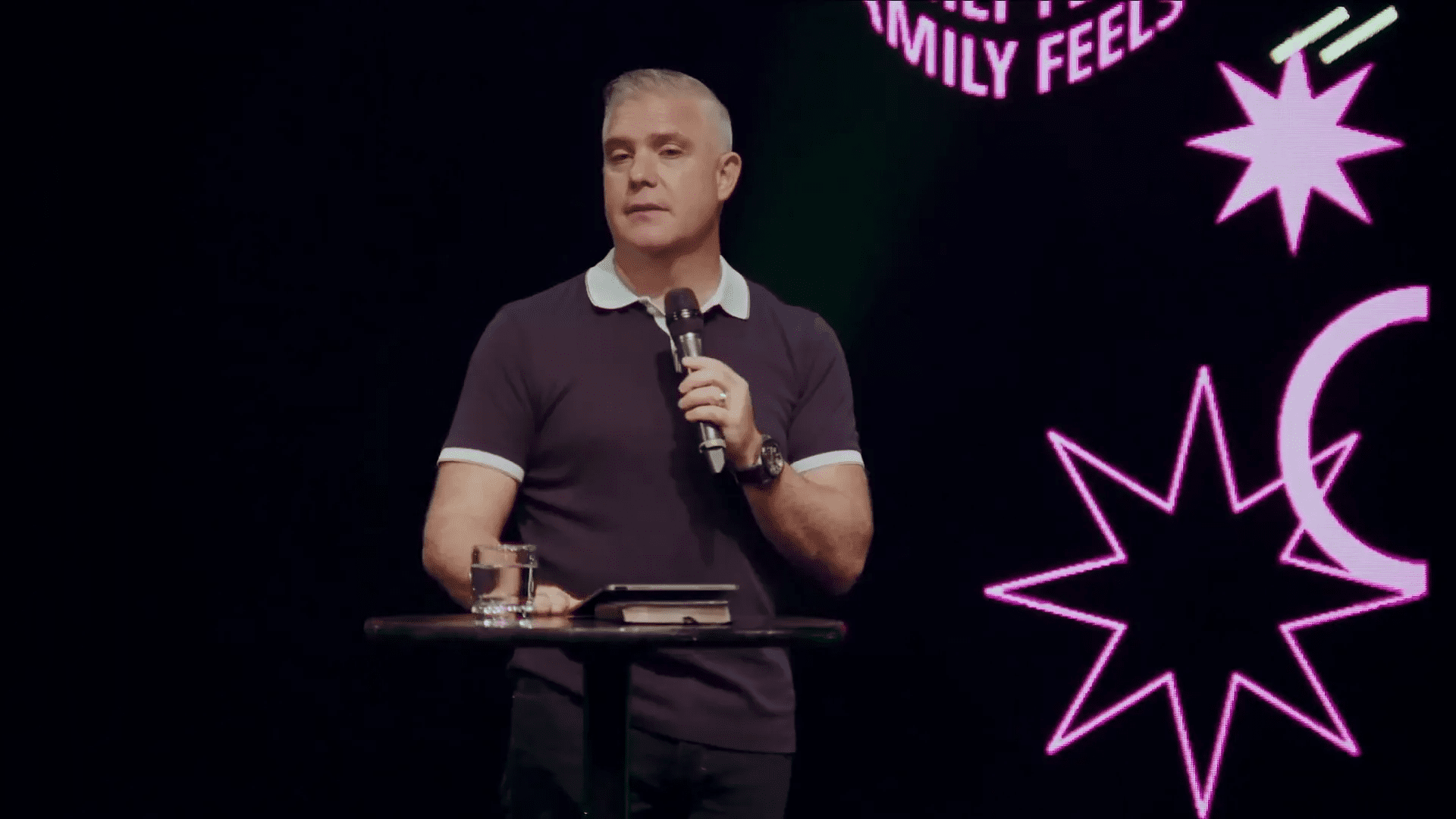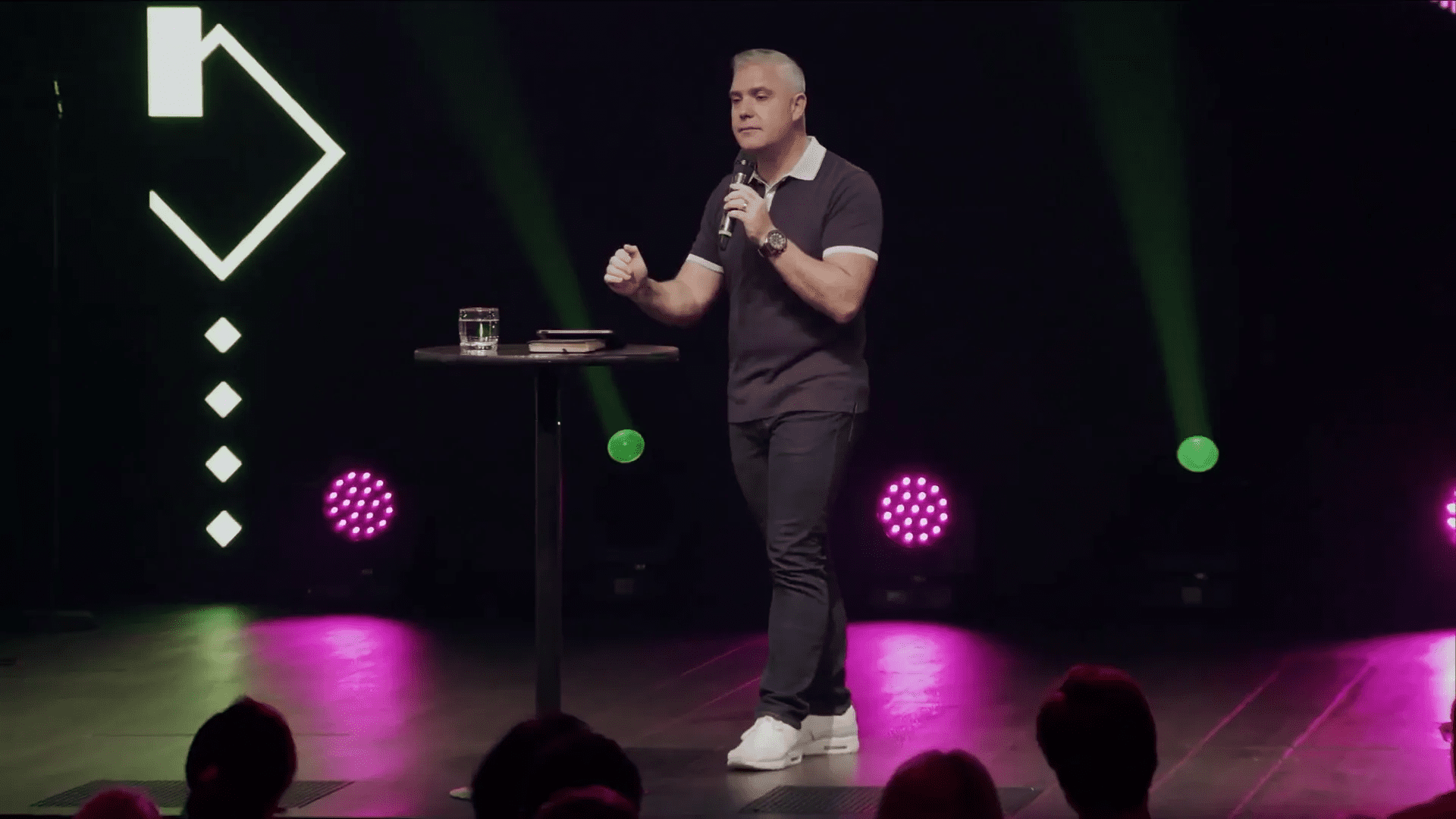Family Feels | Week 2 | Pastor Ben Pierce
Navigating Family Feelings: The Other Side of Sacrifice
In the second week of the ‘Family Feels’ series, we delve into the complexities of family dynamics and the emotional weight they carry. Through the story of Abraham, we explore how trust and sacrifice can transform our familial relationships and lead us to a deeper understanding of God’s provision.
Introduction to Family Dynamics
Family dynamics are often complex and layered, shaped by our individual experiences and emotional histories. Each family member brings their own set of feelings, expectations, and histories to the table. These dynamics can lead to deep connections but can also create friction and misunderstandings.
Understanding family dynamics involves recognizing the roles that each member plays. From the nurturing parent to the rebellious teenager, every role influences the overall family environment. It’s essential to acknowledge these roles and how they contribute to the collective family experience.
Moreover, feelings in family settings can be intense, often stemming from love, disappointment, or unresolved conflicts. Navigating these feelings requires a delicate balance of empathy, communication, and sometimes tough love.

The Promise of Abraham
Abraham’s story is one of profound promise and faith. God made a covenant with Abraham, declaring that he would be the father of many nations. This promise was monumental, especially considering Abraham’s initial lack of children. The journey to fulfill this promise was not straightforward; it was filled with trials, waiting, and tests of faith.
The promise of Abraham teaches us about the importance of patience and trust in the face of uncertainty. It serves as a reminder that divine promises often take time to manifest, and our role is to remain faithful and open to the journey.

Identifying with Abraham’s Journey
Many of us can identify with Abraham’s journey of waiting and longing. Whether it’s waiting for a dream to come true, a relationship to blossom, or the arrival of a child, the feelings of anticipation can be overwhelming. Abraham waited 25 years for his son Isaac, a testament to unwavering faith amidst doubt.
This journey resonates with anyone who has experienced a significant delay in realizing their hopes. It reflects the deep emotional struggles that accompany our desires and dreams, particularly in a familial context. Just as Abraham faced challenges, so do we in our personal lives.

The Altar of Sacrifice
The concept of the altar of sacrifice is central to Abraham’s story. It represents the ultimate test of faith, where Abraham was asked to sacrifice Isaac, the very embodiment of God’s promise. This moment forces us to confront what we hold dear and to consider what it means to truly trust God.
Putting our hopes, dreams, and loved ones on the altar requires immense courage. It challenges us to evaluate what we idolize in our lives and whether those things are placed above our relationship with God. The altar is where we can lay down our expectations and fears, allowing divine purpose to take precedence.

Trusting God with Family Relationships
Trusting God in our family relationships can be one of the most challenging aspects of faith. It requires letting go of our need for control and embracing the uncertainty of the future. Just as Abraham had to trust God with Isaac, we too must learn to trust God with our family dynamics.
This trust extends to our spouses, children, and extended family. It means recognizing that they are ultimately God’s children and that our role is to guide and nurture them, not to possess or control them. When we surrender these relationships to God, we open the door for healing and growth.

The Process of Trust and Sacrifice
The journey of trust and sacrifice is ongoing. Each stage of family life presents new challenges that require us to revisit our levels of trust. Whether it’s navigating the complexities of marriage, parenting, or caring for aging parents, each situation demands a fresh commitment to surrender.
Through this process, we learn that sacrifice does not mean loss but rather a transformation. By laying down our desires, we often receive something greater in return—deeper relationships, greater understanding, and a more profound sense of peace.

Navigating Fear and Anxiety
Fear and anxiety often accompany our familial relationships. The fear of loss, failure, or disappointment can cloud our judgment and hinder our ability to trust. Just as Abraham faced fear when asked to sacrifice Isaac, we too confront fears that can paralyze us in our family dynamics.
It’s crucial to acknowledge these fears and to bring them before God. Engaging in open conversations with family members, seeking guidance, and leaning on faith can help mitigate these feelings. By confronting fear with faith, we can navigate the complexities of our family relationships more effectively.

Mount Moriah: A Place of Surrender
Mount Moriah stands as a profound symbol in the journey of faith. It is not merely a geographical location, but a spiritual landmark where surrender meets trust. This sacred ground is where Abraham was called to relinquish his most cherished possession—his son Isaac. It represents a pivotal moment of obedience that challenges us to consider what we are willing to surrender in our own lives.
In our families, we often cling tightly to our loved ones, striving to protect and guide them. Yet Moriah teaches us that true trust in God requires us to place our loved ones in His hands. This is a place where we can release our fears and control, embracing a posture of worship that acknowledges God’s sovereignty.

Understanding the Place of Trust
The journey to Moriah is not just a physical trek; it is a journey of the heart. Trust is often tested through trials that seem insurmountable. Abraham’s journey illustrates that the path to trust is paved with challenges that compel us to confront our deepest fears and desires.
In family dynamics, trust can be fragile. We may find ourselves wrestling with doubts about our decisions or the well-being of our loved ones. However, Moriah invites us to embrace trust as a transformative process. It encourages us to seek God’s guidance, reminding us that He is intimately involved in the lives of our families.

The Finality of Sacrifice
When we speak of sacrifice, we often think of loss. Yet, the finality of sacrifice is not about what we give up; it is about what we gain in return. Sacrifice calls for a decisive act of obedience, where we lay down our desires and expectations. This act can feel daunting, especially when it involves our loved ones.
Abraham’s willingness to sacrifice Isaac was a profound declaration of faith. It was not just an act of obedience; it was a testament to his relationship with God. In our families, we too must confront what we are willing to sacrifice. Are we clinging to control, or are we ready to trust God with the outcomes?

God’s Provision in Sacrifice
One of the most remarkable aspects of sacrifice is the promise of provision that accompanies it. When Abraham was prepared to sacrifice Isaac, God provided a ram caught in the thicket. This moment illustrates that God is always ahead of us, orchestrating provision even before we are aware of our needs.
In our family situations, we may feel overwhelmed by challenges that seem impossible to navigate. Yet, the story of Abraham reminds us that God’s provision comes through our willingness to surrender. When we relinquish control, we open ourselves to God’s abundant supply. Trusting Him means believing that He will provide for our needs in ways we cannot foresee.

The Blessings of Obedience
Obedience often feels like a burden, yet it carries with it profound blessings. Abraham’s obedience led to the reaffirmation of God’s promises. By trusting God with Isaac, Abraham not only demonstrated his faith but also positioned himself to receive God’s blessings.
Obedience to God’s call can yield blessings in our families that extend beyond our immediate understanding. It may mean making difficult decisions that prioritize spiritual growth over worldly success. However, the rewards of obedience often manifest in deeper relationships, greater joy, and a sense of peace that transcends circumstances.

Conclusion: God is More Than Enough
As we reflect on the lessons from Mount Moriah, we are reminded that God is more than enough for our families. In every trial, sacrifice, and act of obedience, we can trust that He will provide. The journey may not always be easy, but it is always worth it.
When we surrender our loved ones and desires to God, we discover a deeper relationship with Him. He invites us to trust Him fully, knowing He cares for our families even more than we do. As we navigate the complexities of family life, let us hold fast to the truth that God is sufficient for every need.
